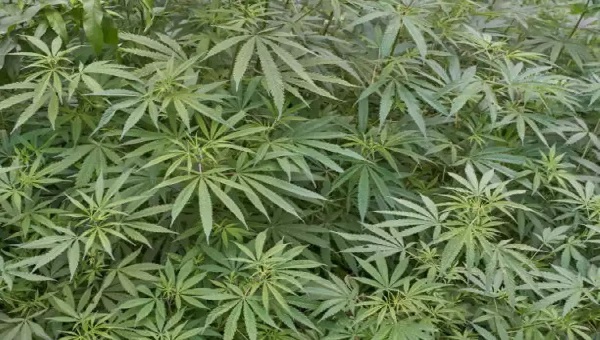Global Voice
Japanese Parliament has approved a bill that legalises medicines based on substances derived from cannabis, but at the same time criminalises the use of marijuana itself as a drug, Japanese news agency Kyodo reported.
Currently, the use of cannabis-derived medicines in the country is allowed only as part of clinical trials, but some patients have long been seeking permission to use the medicines in serious diseases such as epilepsy, the news agency reported.
In this connection, the new legislation will designate cannabis and a chemical substance in its composition, tetrahydrocannabinol, as narcotics, but subject to regulation. The new law will also close a loophole in Japan’s 1948 Cannabis Control Law, which bans the possession, trade and unauthorized cultivation of marijuana, but not its use.
The Japanese government initially refused to ban the direct use of marijuana in the country due to concerns that farmers growing the plant for its further use in hemp products may accidentally absorb its substances, but the absence of the prohibition resulted in increased drug abuse among young people, the report said.
Therefore, the new legislation will prohibit the use of cannabis and introduce a prison sentence of up to seven years for violating the ban. Moreover, there will now be only two types of cannabis growing licenses — the first will permit the circulation of the plant for further medical use and the second will allow its circulation for other purposes such as hemp.
The new laws will go into effect within a year after its adoption, but the changes related to cultivation of cannabis will take effect two years after the announcement, Kyodo reported.








